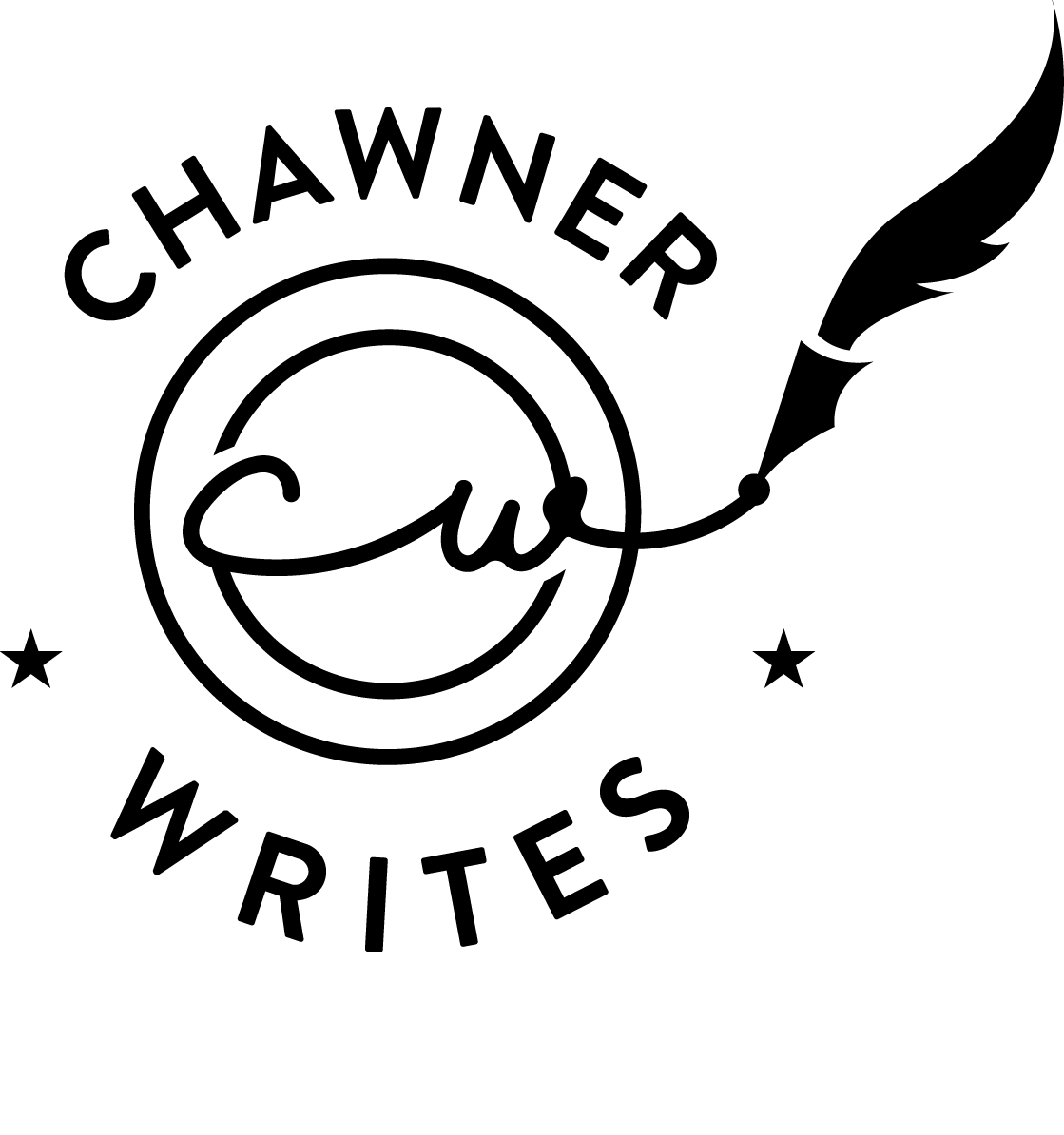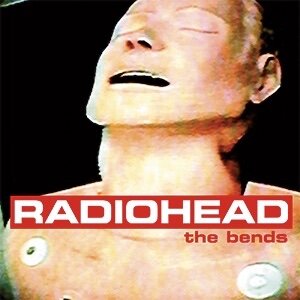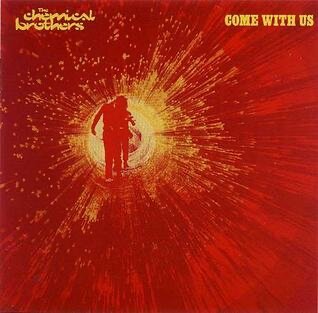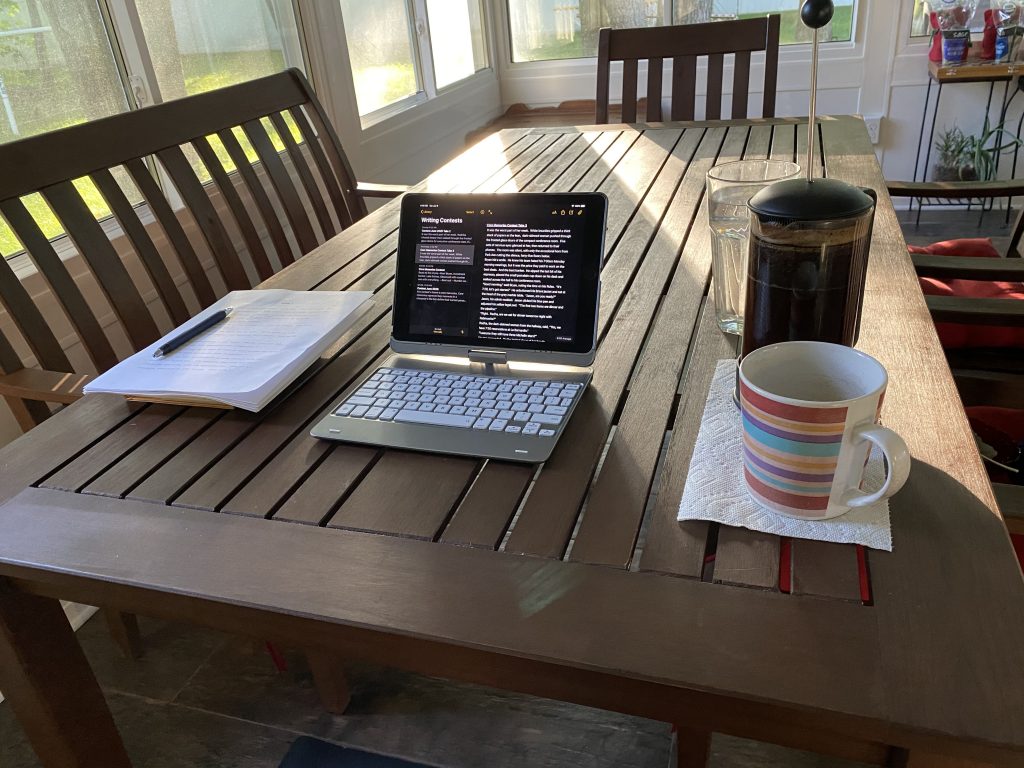
Our old cat, Shadow, spends her days sleeping on a heating pad in our living room. She’s nineteen, ancient for a cat; her sister passed away last year. Shadow takes a daily constitutional up and down the stairs, a few trips to the litter and food boxes, makes odd yelping noises, and sleeps.
Salem and Cinders are complete opposites. They appeared a few days ago, fresh from the local rescue, both eleven weeks old. Cinders, the smaller all-black female is the adventurous one. Chasing laser pointers, strings and toes is her bit. Cinders, the larger male “brother” (they’re not related, but sheltered together), is the follower. He jumps at the slightest noise and follows Salem’s lead.
We set them up in our sunroom where I do my morning writing. They are non stop in the morning, each step and piece of furniture new and worthy of exploration. Cinders chases Salem, but Salem wins their wrestling match. They crouch like tigers from National Geographic videos, stalk, then pounce. They are brave fighters… unless they hear a loud noise, or the wind shifts, or a new person enters the room. Then they run under the couch for cover. Salem peeks her head out first to asses the situation; only after she gives the all-clear will Ciders follow.

In our three days together, Salem has worked out how to jump and meow. And nibble at my toes as I write. She’s doing it right now.
They aren’t helping my productivity; I haven’t written more than a few words for my story in the last few days. But they have brought a real energy back into the house, a house that seemed so stale, caught in the endless loop of semi-quarantine life. Everything the kittens try is new, exciting, fresh, full of energy, an endless parade of mistakes, exploration, running full gas. Jumping and missing their target. Belly crawling to re-attack the other one.

I’m not a cat or pet person. I never had pets growing up, nor did any of my friends. And the smell of cat food and litter is still repulsive. But their energy feels like a shot of adrenaline, reasons to get off the couch, be together in a room, share observations about the little tigers stalking and chasing prey on the savanna.
We’re keeping the kittens from the old cat for now, locking them in a separate room. Shadow knows another animal is around, but isn’t inclined to investigate. We don’t know how she will react; we suspect she won’t be amused. I wonder, though, if their kitten magic could rub off. We’ll find out over the next few weeks.






